
Imagine you have the ability to reinvent American capitalism: Where would you start? What would you change to make it less destructive and domineering, more focused on what people really need for fulfilling lives? These are the questions that The Nation put to an eclectic list of people who are known for thinking long term—public-spirited veterans of business and finance, optimistic activists, inventive policy thinkers.
As this issue’s guest editor William Greider explains, their responses provide a provocative sampler of smart ideas—concrete proposals for reforming the dysfunctional economic system in fundamental ways. These brief essays should stimulate imaginations and maybe start some healthy arguments. At the very least, they demonstrate that the nation is alive with fresh thinking and bold outlines for big change.
Credit: José Chicas

A promising alternative to the profit-maximizing corporate model, Benefit Corporations declare their public missions in their articles of incorporation. As Jamie Raskin explains, this allows these companies to pursue social missions without fear of shareholder litigation.
Credit: AP Images
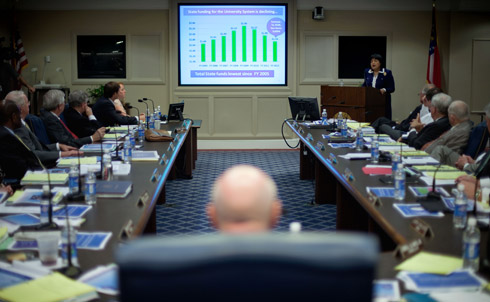
The best way to ensure corporate accountability, according to William Lerach, is to save a seat on every board for an independent watchdog.
Credit: AP Images

A tax on the rapid-fire trades that dominate financial markets would discourage reckless behavior and raise serious funds for public use, Sarah Anderson argues.
Credit: Reuters Pictures

Robert Weissman says that the government has the power to spur innovation and reshape the economy—but it must be willing to flex its muscle.
Credit: Reuters Images
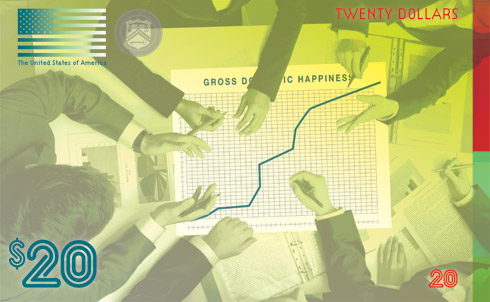
Dirk Philipsen explains why relying so heavily on GDP as a measure of economic health is like removing all of the gauges on a car’s dashboard except the speedometer.
Credit: José Chicas
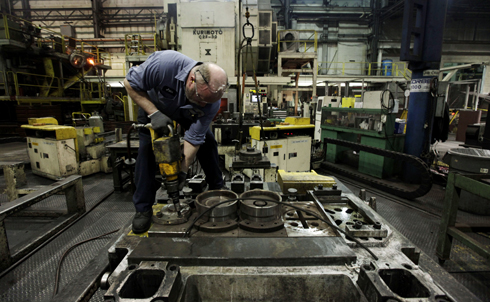
Christopher Mackin argues that employee ownership plans carve a path toward what could be called responsible capitalism.
Credit: AP Images

Barbara Dudley proposes publicly owned state banks as a way to create the underpinnings of truly local economies across the country.
Credit: José Chicas

Kent Greenfield says that it’s time to recognize limited liability for what it is: a subsidy for corporations paid by those hurt by malfeasance.
Credit: Reuters Pictures
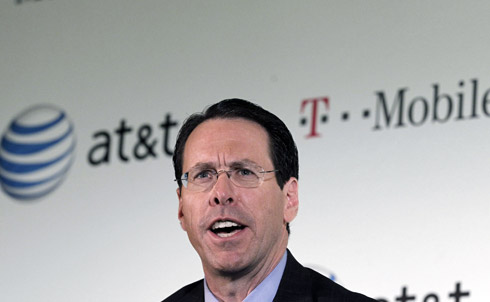
According to Barry Lynn, the concentration of wealth and power among a few mega-corporations threatens our political and economic freedoms.
Credit: Reuters Pictures
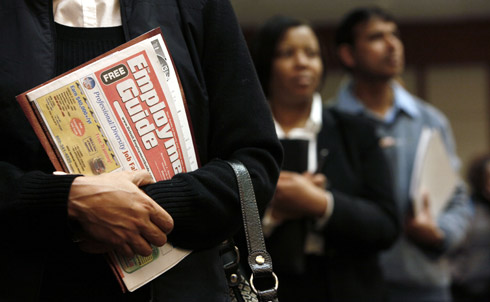
There is no economic demand more urgent than putting Americans back to work. L. Randall Wray explains how the government can do this by creating an “employer of last resort” program.
Credit: AP Images
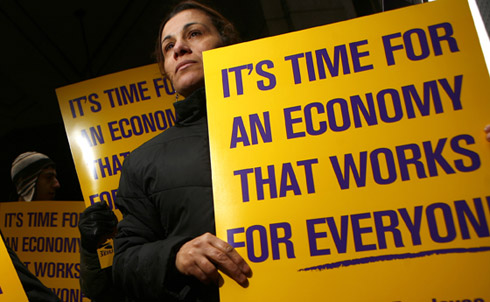
Congress should allow tax deductions for incentive pay schemes only if they distribute the rewards to the majority of workers, argue Joseph Blasi, Richard Freeman and Douglas Kruse.
Credit: Reuters Pictures

Investors who seek out companies that are meeting the long-term challenge of sustainability will have a strategic advantage, according to Leslie Christian.
Credit: José Chicas
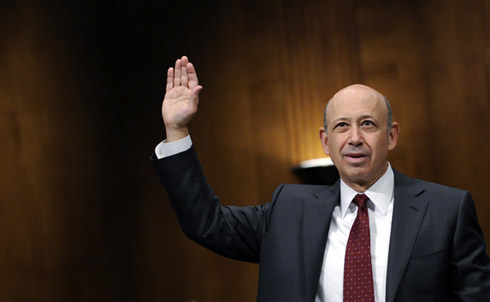
Hotshot CEOs should be required to play by the same rules as small business owners, who have a personal stake in the companies they run, says Vincent A. Panvini Jr.
Credit: AP Images

We need an “open information” policy to combat corporate abuse of intellectual property laws and encourage the sharing of ideas, says Joe Costello.
Credit: AP Images

Ray Carey argues that pension savings and 401(k) plans are supposed to guarantee workers a comfortable retirement, not provide fodder for financial managers.
Credit: AP Images

Capitalism in any form compels us to be greedy, callous and petty, says Eugene McCarraher. Instead of reinventing it, we should replace it.
Find more ideas for reviving our ailing economic system in The Nation’s Reimagining Capitalism special issue.
Credit: Soman


